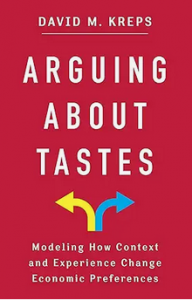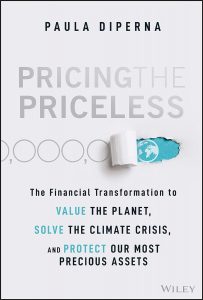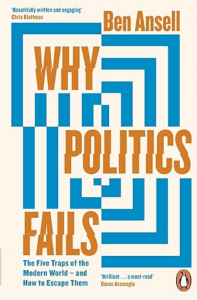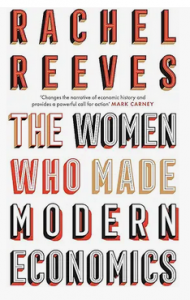One of the assumptions an economics student is quickly socialised into accepting is that people’s preferences are fixed – those indifference curve diagrams mapping one’s trade-off of apples for bananas. Of course at the back of your mind you know it isn’t true, but fixed preferences are a key building block of most of the subsequent economics one learns. At every stage we assume that people maximise their utility subject to budget constraints, and if preferences are not fixed that becomes a task like nailing jelly to the wall. How do you do a welfare evaluation in that case?
Well, it’s a key question for economists to tackle, not only on principle but because this is an age of saturated traditional media and social media aimed exactly at changing people’s preferences. So I was delighted to see David Kreps, a game theorist, tackling this in a book of lectures, Arguing About Tastes: Modeling How Context and Experience Change Economic Preferences. As Joe Stiglitz points out in his commentary in the book, there is a long and now growing literature on endogenous preferences, much of it linking with other areas such as social psychology or cultural evolution. What this short book does is formalize other-regarding preferences (which indeed date back to Adam Smith and Moral Sentiments) and changing preferences, with a focus on intrinsic versus extrinsic motivation in areas such as work effort. As the other commentary, by Alessandra Casella notes, the next step is to take this to social choice theory.
I couldn’t agree more. Recently I argued (with distinguished co-authors) for a reboot of welfare economics – applied social choice theory. Among the many reasons for this are the pressing collective action problems facing humanity (climate, biodiversity) amd the automation of a growing number of decisions in modern life using algorithms implicitly encoding social welfare functions. Arguing About Tastes is a technical book (for non-economists – fairly straightforward for those habituated to Max(U)) but a useful contribution to the challenge.





